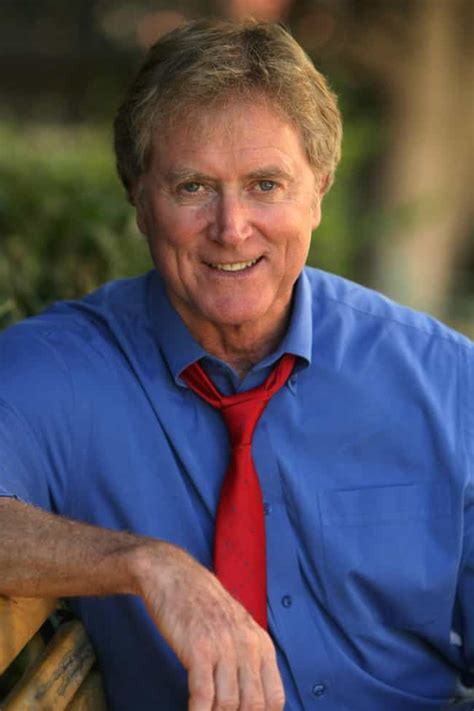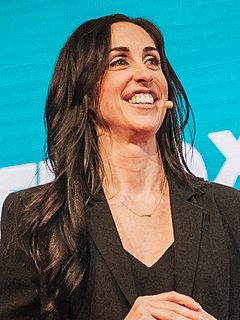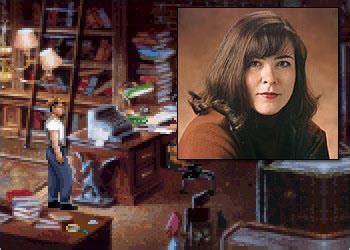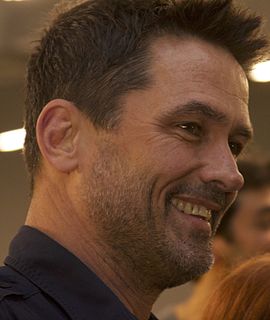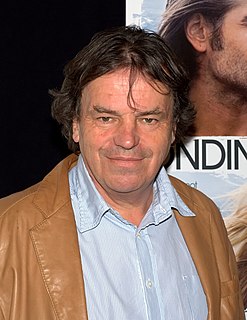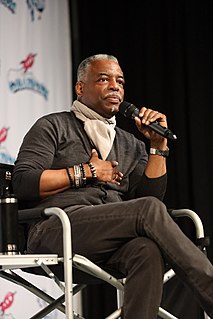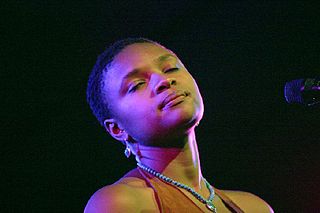A Quote by Randall Wallace
Storytelling is the greatest activity of any culture. Storytelling is how you build a family, how you pass along identity.
Related Quotes
You can put the camera in places where you may not necessarily be able to put it there if I don't do the stunt. If it's character and it's storytelling, then we do it. We design the things around me. I don't do it just to do a stunt. It's storytelling for me and how I can best bring the audience into the action, bring the audience into the story. And that's how we always look at at.
You are never alone in Afghanistan. You are always in the company of others, usually family. You don't understand yourself really as an individual, you understand yourself as part of something bigger than yourself. Family is so central to your identity, to how you make sense of your world, it is very dramatic, and therefore an amazing source of storytelling, a source of fiction for me.
People create the illusion of acting natural, which is what I think most documentarians do in part because of the direct cinema orthodoxies that came into play really in the '60s. That moment of performance is a tremendous opportunity to make visible something hitherto invisible, which is how people want to be seen. How do they see themselves? What are the scripts, fantasies, genres by which they imagine themselves? How is storytelling part of what we are as human beings? We wouldn't kill each other en masse if it weren't for storytelling. We wouldn't be able to live with ourselves.
I went to a seminar early in my career on the craft of storytelling by Robert McKee. It was really life altering. There are basic principles on how to craft an engaging story and he covers them well. He's got a book out, 'Story,' that I would highly recommend to anyone interested in improve their storytelling.
Storytelling is how we survive, when there's no feed, the story feeds something, it feeds the spirit, the imagination. I can't imagine life without stories, stories from my parents, my culture. Stories from other people's parents, their culture. That's how we learn from each other, it's the best way. That's why literature is so important, it connects us heart to heart.
The storytelling mind is allergic to uncertainty, randomness, and coincidence. It is addicted to meaning. If the storytelling mind cannot find meaningful patterns in the world, it will try to impose them. In short, the storytelling mind is a factory that churns out true stories when it can, but will manufacture lies when it can’t.
